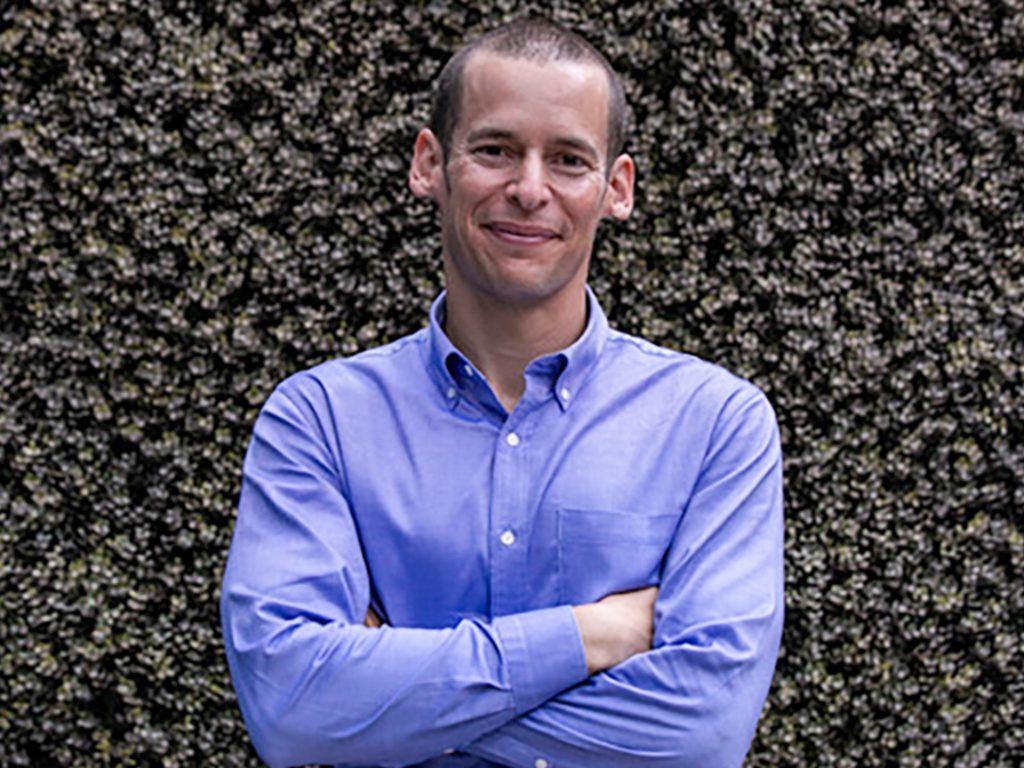Carlos Gershenson, a researcher focusing on artificial intelligence (AI) in the health field, has been hired as a professor at Binghamton University.
Gershenson is the first of several professors hired by the Thomas J. Watson College of Engineering and Applied Science as part of the SUNY Empire Innovative Program (EIP), a SUNY-wide initiative focused on hiring faculty with a strong research background. According to BingUNews, this program provides funding for the hiring and retention of faculty with strong research backgrounds. As part of the program, the college plans to hire three professors who research AI systems as a tool to help improve the health care system.
The SUNY EIP program was originally put into place to expand research capacity in specific priority areas, as well as to strengthen areas that SUNY already has a recognized leadership position in, as stated on its website. Areas emphasized include multidisciplinary research collaboration, entrepreneurial activities and contributions to New York State public and economic health efforts.
Gershenson shared some of the research he has conducted, focusing on health care.
“Health care has the advantage that it has practical applications,” Gershenson said. “I mean, we will all die, but how we die, and how long we stay alive can vary depending on many things. Of course it can depend on health care systems or individual choices, but it can also depend on social aspects.”
Gershenson, who has been working on AI research since his undergraduate years, said his career started when he was working on automating triage systems in Mexico City. One of the projects he has participated in, Gershenson explained, was run by the Centers for Disease Control (CDC), in collaboration with the Social Security Institute in Mexico and the Ministry of Health studying the H1N1 pandemic. He and the team were working toward finding the types of health care that could be provided by a CVS Minute Clinic and research.
Gershenson further explained how non-transmissible diseases can act like transmissible ones under certain circumstances.
“Recently, people have found that the risk factors for non-transmissible diseases are socially transmissible,” Gershenson said. “If I have the habit of going with my buddies for breakfast every morning to have tamales and atole every week, that might lead to an overweight circle around me, and that’s a factor for many of these non-transmissible diseases.”
The spread of healthy and unhealthy behaviors can be tracked and studied using computer models based on real-world data, Gershenson explained. He said his ultimate goal is to promote the spread of healthy behaviors and prevent the spread of unhealthy behaviors.
Gershenson said he plans to work with other BU faculty and schools when he takes on the new position.
“I hope to collaborate with colleagues from the [BU School of Pharmacy and Pharmaceutical Sciences] because I’m sure they have experience with particular problems,” Gershenson said. “Collaborating with them could help to improve the situation, combining our experiences.”
Jewel Jenkins, a sophomore majoring in computer science, said that they believe hiring more research-based faculty will have a positive impact on the University.
“I feel that since we are a research university, having more faculty with a research background is very important,” Jenkins said. “As of right now, there are only two paths for the masters program, cybersecurity and artificial intelligence, and I feel like expanding the type of people the school hires can bring in different classes so different programs can be added to the masters track.”
According to BingUNews, a second hire has been selected and will be announced soon, and the search for a third hire is currently underway.
Jesse La Scala, a sophomore double-majoring in English and environmental science, also felt that an emphasis on research when hiring faculty was important.
“I appreciate that the University wants to hire more faculty with a strong research background,” La Scala said. “As someone who wants to go into research, I have found it helpful when I can turn to my professors for advice.”



